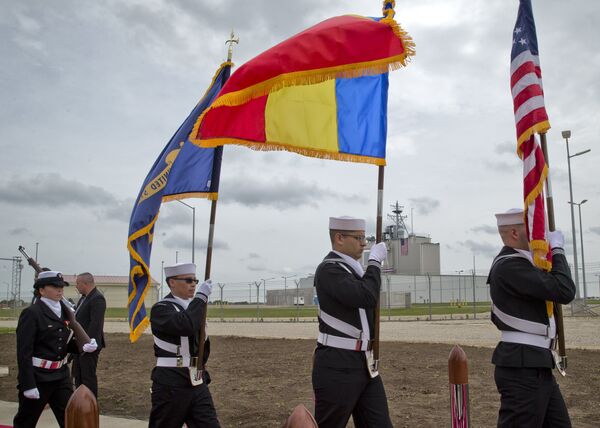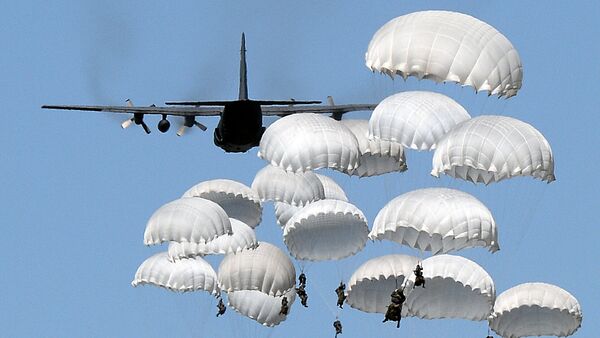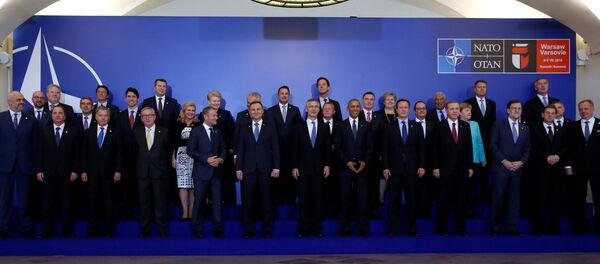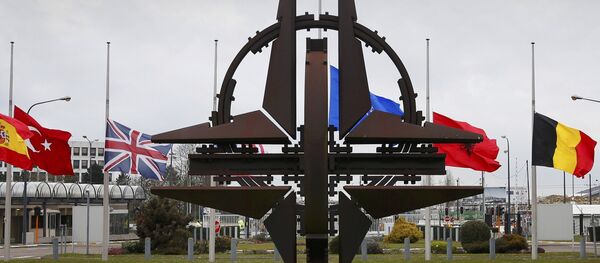The second NRC meeting since mid-2014 took place on July 13, days after NATO held its landmark summit in the Polish capital of Warsaw. The alliance formally approved the deployment of four multinational battle groups to Estonia, Latvia, Lithuania and Poland at the summit.
This was one of the issues Moscow wanted to discuss with the bloc.
"Russia wants to know the reasons behind NATO's decision to deploy battle groups close to Russia's borders. There is no practical need for that," editor-in-chief of the magazine Russian National Defense observed. "But there was no dialogue. NATO essentially refused to discuss this issue."
The bloc's "unswerving expansion to the East" has been based on what the analyst referred to as "hysterical shouts" about an imaginary threat emanating from Russia.

Moscow is concerned that the system is in fact aimed at degrading Russia's nuclear capabilities, particularly considering the fact that Iran inked a comprehensive deal with P5+1 countries and should no longer be treated as a possible threat.
NATO's missile shield in Europe has a "destabilizing effect" on military and political situation on the continent, since these systems "could potentially endanger Russia's strategic nuclear forces," Korotchenko noted.
Korotchenko was also puzzled by NATO's decision to review Russia's initiative on making airspace over Baltics safer. Moscow offered to fly its aircraft over the Baltic region with transponders turned on if NATO countries do the same. President Putin mentioned the plan during his recent trip to Finland.
"The alliance said that it would study Russia's proposal. What is there to study?" the analyst asked. "It is crystal clear: when transponders are on NATO sees Russian aircraft and Russia sees NATO spy planes that traverse the skies along Russia's borders. NATO did not express a wish to immediately ink the deal."
This was the bloc's approach to any issue on the agenda of the NATO-Russia Council meeting, Korotchenko lamented.



